What To Do When Black Smoke Is Coming Out Of Ship’s Funnel At Port?
If you work in a ship’s engine room, you must have received a call at least once from the bridge about port workers/authority complaining of black smoke coming out of ship’s funnel.
With stringent environmental regulations and health concerns, several ports are against ships oozing out thick black smoke in their ports. In many ports it is seen that, the port workers completely stop the cargo operations because of this reason. Such situations are not good for ships as it would lead to unwanted delay and the company will have to pay extra charges to the port authorities.
For this reason, the engineers are always under pressure to eliminate the causes producing such unwanted black smoke when the ship is at port.
Let’s take a look at the main reasons for this problem:
To troubleshoot this situation, we need to concentrate on three machinery systems, which are normally running in port with their exhaust/ smoke outlet directed to ship’s funnel – Generator, Boiler and Inert gas generator.
The main cause of black smoke is imbalance in the air fuel ratio. This means that either their is shortage of air or the fuel supplied to injector is not being treated properly.
The black smoke comprises of particulates, which are large fuel particles that are not broken during combustion due to lack of oxygen.
Initial checks for tracing the black smoke:
- The funnel of a ship integrates all the exhaust trunking running from main engine, generator engine and boiler inside one enclosure. The first thing to do is to go to the bridge deck and check from which particular exhaust trunk the black smoke is prominent
- Then trace the marked trunk from inside the funnel room and check if it’s of generator or boiler
- If it’s from the generator, start the stand-by generator and ensure that the black smoke has been subsided. Then start the troubleshooting
- If it’s from the boiler and cause cannot be detected in running condition, change all the running machinery to diesel oil and switch off the boiler for troubleshooting
Checks to be performed on Marine Generators:
- Check the Overall electrical load of the ship (normally lesser than sea going load) and ensure that the supplying generator is running at optimum range. If two generators are running for smaller load, then it is advisable to stop one generator and shift the load to only one generator (70-80% load) for achieving efficient combustion and high turbo charger RPM for supplying more air into the cylinder
- Check the air mesh filter provided in the the turbocharger blower. A dirty air filter will allow less air supply to combustion chambers
- It is possible that the turbocharger blades (turbine and compressors) and nozzle are dirty or damaged. This needs complete overhauling of the turbocharger
- The tappet clearances of rocker arm might not be accurate which may lead to early opening and late closing of the valve leading to loss of inlet air
- The air supply in the generator room from blower for that specific generator can be insufficient, leading to starvation of air. Check the air trunk coming from engine room blower has an open flap. Check the blower for that side is running
- Check abnormality in temperatures of all units. If one unit is at higher temperature, fuel injector or fuel pump of that unit to be checked as this will lead to black smoke. The average temperature difference between each unit should not increase beyond 50 degree Celsius
- If all the units are at abnormal temperature, check fuel injection system i.e fuel pump, fuel viscosity and fuel timing
- A thermal and power imbalance may also cause black smoke. check the performance of the engine
Checks to be performed on IGG and Boiler:
- Check the air fuel ratio setting. The most common reason for black smoke
- Check for any dripping of burner nozzle by stopping the boiler and opening the burner door
- If the oil temperature of heavy fuel oil is less than required, it will be difficult to burn the complete fuel oil even with required amount of air available. Ensure to maintain fuel oil temperature
- Problem in the atomizer unit of the burner will lead to incomplete combustion and black smoke
- If the fuel has recently been changed, check the compatible turndown ratio from the manual
- Check the air distribution arrangement (e.g swirler plate) is working fine. any problem in the air distribution may also lead to black smoke
The above mentioned list of problems is not an exhaustive one but covers all common problems that can lead to black smoke from funnel at port.
Do you know any other important causes and solutions that can be added to this article?
Let’s know in the comments below.
Do you have info to share with us ? Suggest a correction
Latest Marine Technology Articles You Would Like:
- 10 Harmful Effects Of Impure Air On Ship’s Machinery
- 10 Important Things to Check While Starting Fuel Oil Purifier on Ships
- 10 Noteworthy LNG-Powered Vessels
- 10 Points for Efficient Turbocharger Operation On Ships
- 10 Practical Tips to Handle Engine Room Pumps
- 10 Precautions to Take Before Operating Controllable Pitch Propeller (CPP) on Ships
Subscribe To Our Newsletters
By subscribing, you agree to our Privacy Policy and may receive occasional deal communications; you can unsubscribe anytime.
Web Stories

About Author
An ardent sailor and a techie, Anish Wankhede has voyaged on a number of ships as a marine engineer officer. He loves multitasking, networking, and troubleshooting. He is the one behind the unique creativity and aesthetics at Marine Insight.



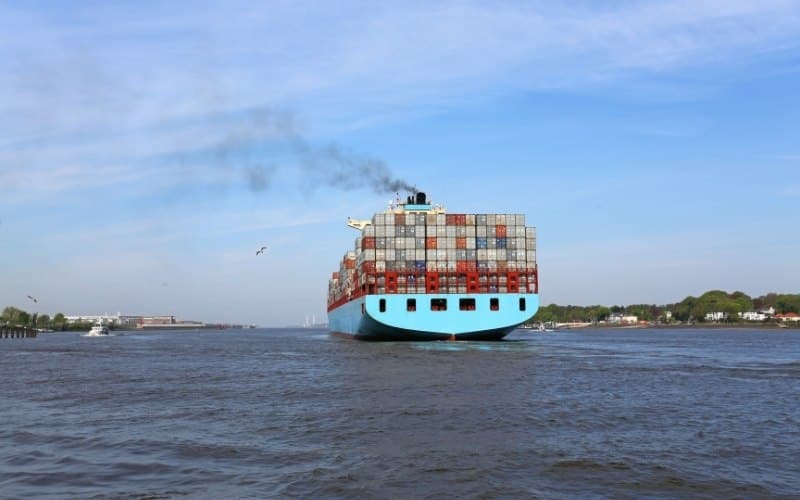

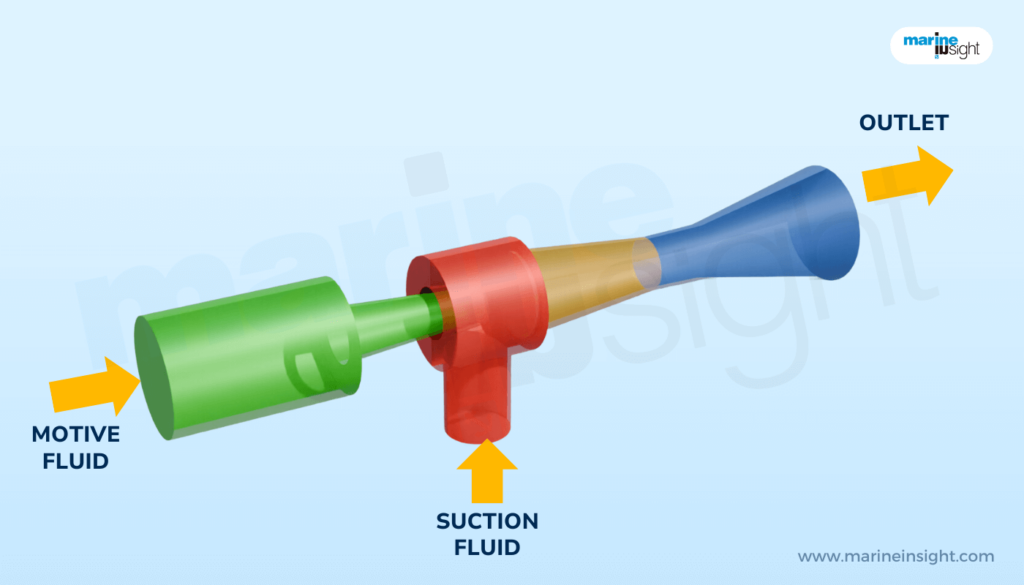
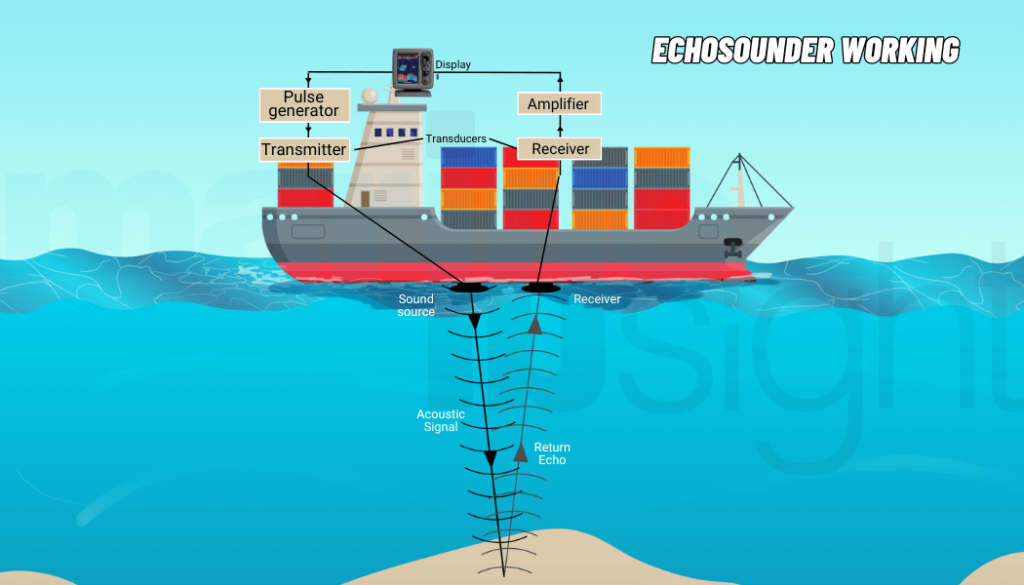
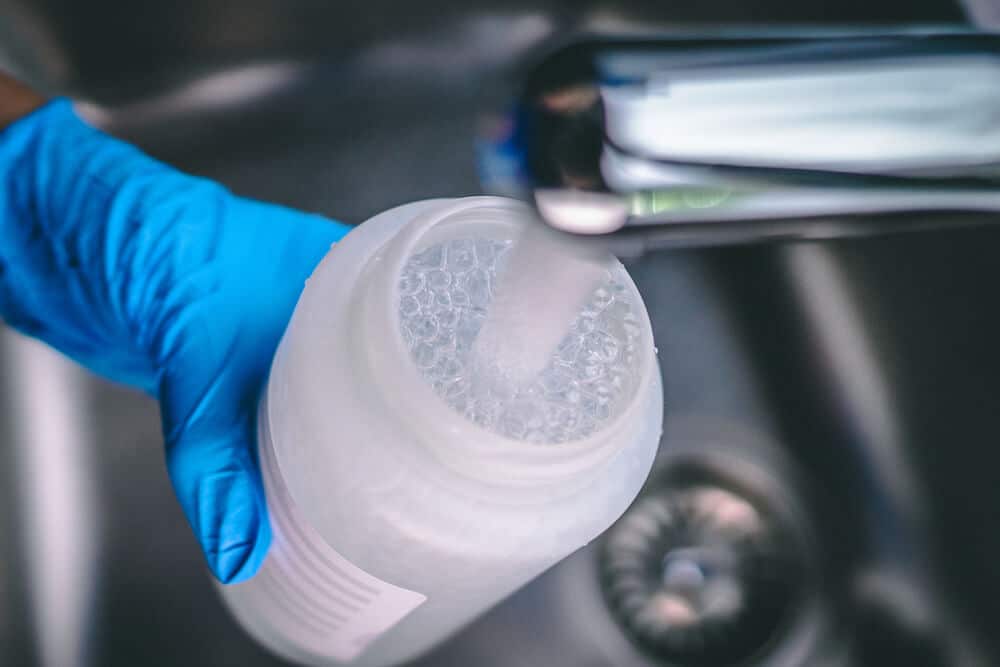
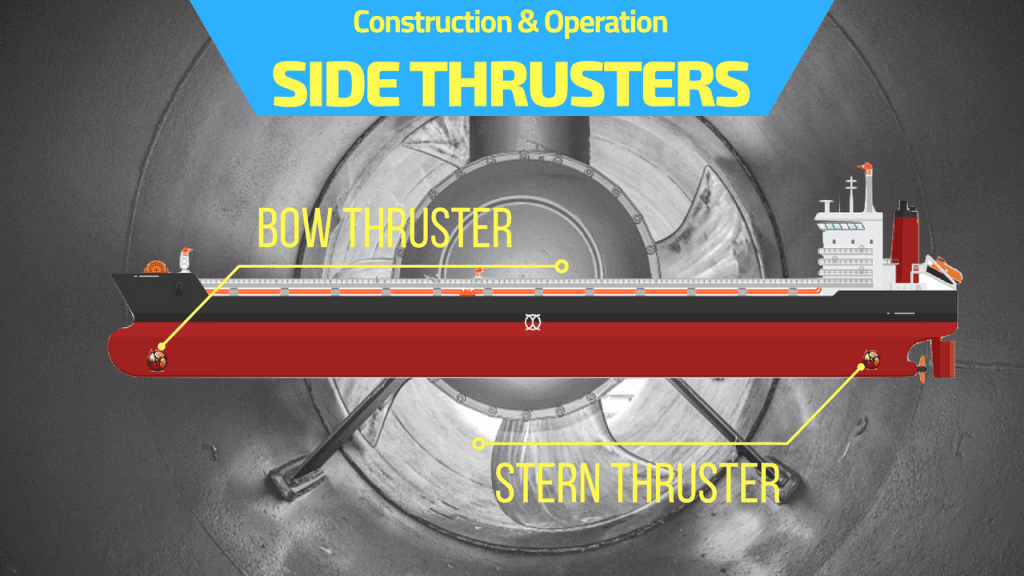

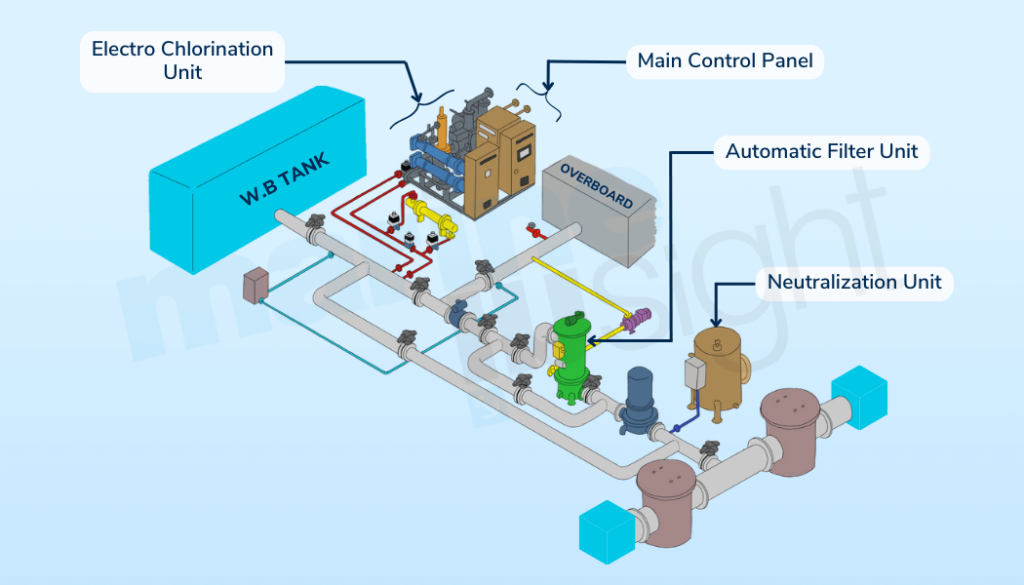
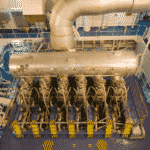
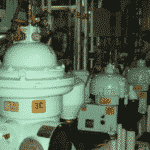
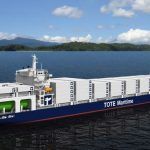
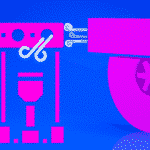
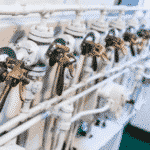


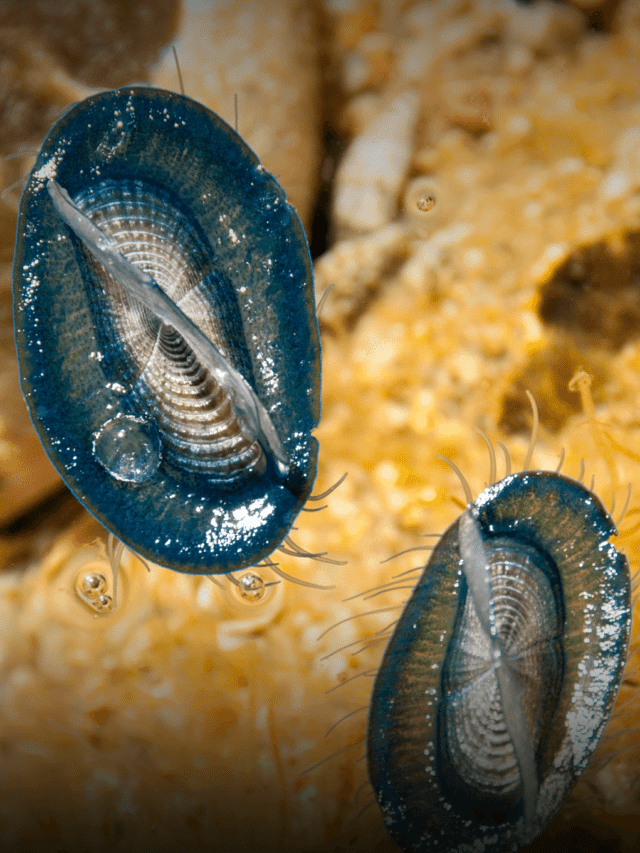
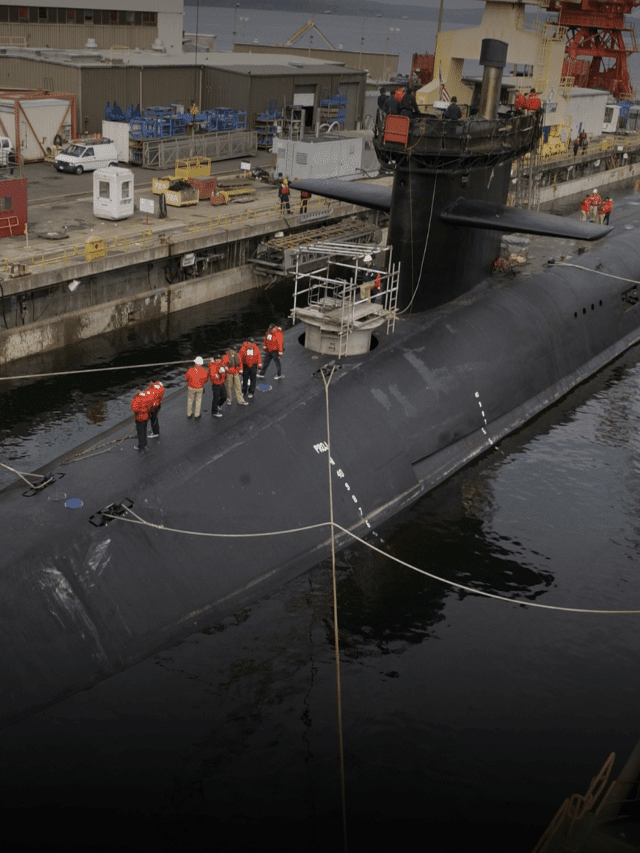
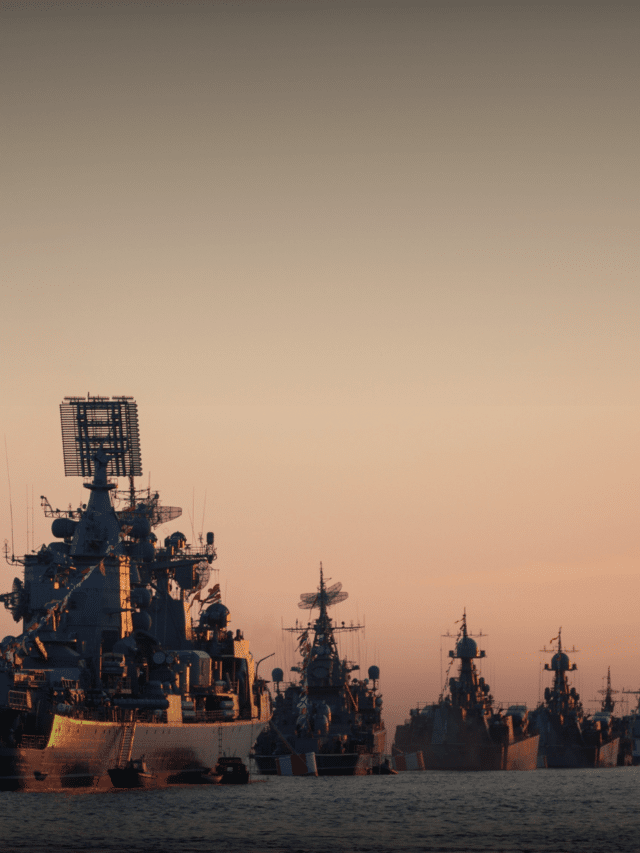
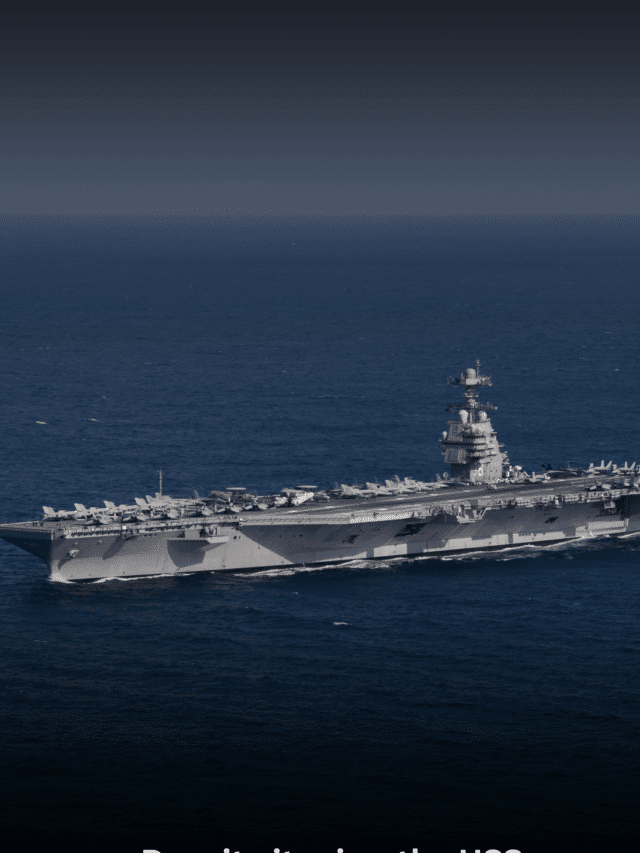
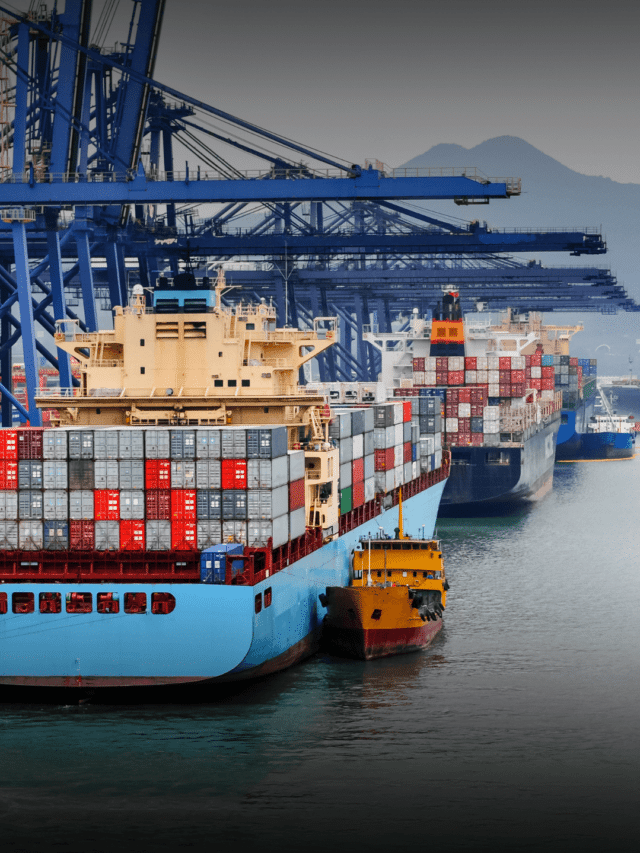
Thanx for this …really amazing to know this
That was very informative. Good post!
very informative,thanx.
im busy with my motorman grade one c.o.c,very infomative
Good post…Thanks
A very well written article, a must read for the young engineers .
Insufficient cooling of the charge air (i.e a dirty cooler), leading to insufficient oxygen supply to the engine? Leaking injectors, or injectors opening below their designed pressure on the generator. Waste gate stuck open/passing for the T/C leading to reduced turbocharger RPM for a given load/
Hello .sir………….. i am one of your page follower till the day i saw from internet , know i am on training to be officer on board ship, mean i am cadet ,i leave in Ethiopia your page is amazing to me every aspect of it gives me better understanding of marine engineering.my comment is your page mostly is composed of environmental protection issue that the biggest and care to be given ,beside this please add other ship systems ,operation of machinery ,etc thank u
We can also check the HFO feed pressure for the boiler burner/atomizer
i remember we got black smoke coming from the boiler funnel in the vessel i was a cadet and we found that both boiler HFO feed pumps were not in good condition and not pressurizing the oil properly
Hello sir,what could be reason for the white smoke coming out from boiler exhaust?
@Elan: Check this link- https://forums.marineinsight.com/forum/marine-engineering/meo-class-i/oral-ab/4784-how-to-carried-out-boiler-tubes-leakage-test
Hi Guys…base on my steam ship experience……one of reason black smoke from boilers during port stay can be caused by sticky forced draught (FD) fan’s vanes. The correct amount of air volumes didnt match the combution requirement for few miliseconds eventhough the automation send correct required air signal due to sluggish operation of fan vanes. Please free up the fan vanes whenever have opurtunity especially during boiler shut down period.
Very usefull information,thanks.
All engineers must ensure to carry out regular maintenance as per PMS as well as monitor the performance to overcome the unwanted situation.
Another possibility may be a fire in the economiser due to lack of soot blowing/incomplete maintenance.
On board some ships, by the end of burning cycle, there is a steam line that’s led steam to the nozzle to blow/clean the nozzle before the full cycle of burning is ended, the adjustmen steam valve for this purpose is accidentaly /wrongly adjusted! That’s why, there is black smoke to appear only at the end of the burning cycle!
Very useful information.Thanks.
I always follow your all articles.
Always discuss with my friends.
They always appreciate your informative articles.
Very useful
????
@Jawaid: Thank you for your support. We are glad that the content we publish is useful to fellow professionals.
Tran: Thank you for your input.
The problem also could arise if :
1.- You increase quicky the RPM of the Engines
2.- At the moment of starting the engines there is not enough air due to turbocharges are still at low RPM. It should be compulsory to fit an electrical auxiliary turbocharge. It is only fitted when the Engine is two stroke not for four strokes engines. IMO is sleeping.